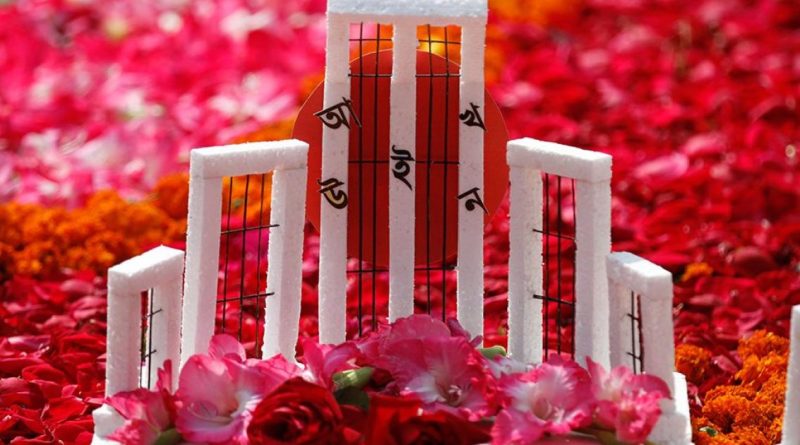21 February
21 February [150 Words]
21st February is observed as International Mother Language Day, commemorating the sacrifice of the brave students of Bangladesh (then East Pakistan) who gave their lives in 1952 to protect their right to speak their mother tongue, Bangla. The day holds deep significance in the history of Bangladesh and is a symbol of linguistic and cultural identity. On this day, people across the country pay tribute to the martyrs by visiting Shaheed Minars (Martyrs’ Monuments), offering flowers, and holding cultural programs and processions. The day is marked with solemn respect, and the national flag is kept at half-mast. In 1999, UNESCO recognized 21st February as International Mother Language Day to promote linguistic diversity and multilingual education worldwide. This recognition elevated the historic event to a global platform, reminding everyone of the importance of preserving and respecting all mother languages. It is a proud and emotional day for the people of Bangladesh.
21 February [250 Words]
21 February holds a sacred place in the hearts of Bangladeshis, celebrated as International Mother Language Day. The background dates back to 1952, when the people of East Pakistan (now Bangladesh) protested against the imposition of Urdu as the only official language by the Pakistani government. Bengali was the language spoken by most people in this region, so this decision was unfair and deeply hurtful. Students and common people courageously came together to demand recognition of Bengali as a state language. On 21 February 1952, police opened fire on peaceful protesters at Dhaka University, resulting in the tragic deaths of several students including Salam, Barkat, Rafiq, Jabbar, and Shafiur. Their sacrifice led to Bengali eventually being recognized as a state language. The Shaheed Minar stands as a tribute to their bravery, where every year people gather, bring flowers, and remember their devotion. In 1999, UNESCO declared 21 February as International Mother Language Day, making it a global occasion to promote linguistic and cultural diversity. The day teaches the younger generation to defend their mother tongue and respect all languages across the world. 21 February remains a source of inspiration, reminding us of the importance of unity, cultural pride, and the fight for justice. For students, it’s an excellent example of peaceful protest and the power of language in shaping identity.
or, [300 Words]
21st February, observed as International Mother Language Day, is a day of profound significance, especially in Bangladesh. It commemorates the historic Language Movement of 1952, when students in Dhaka protested against the imposition of Urdu as the sole state language of Pakistan, demanding the recognition of Bengali (Bangla) as one of the official languages. During a peaceful protest on this day, several brave souls—most notably Salam, Rafiq, Barkat, and Jabbar—sacrificed their lives for the right to speak their mother tongue. Their martyrdom became a symbol of resistance and love for one’s linguistic identity. Recognizing the importance of linguistic and cultural diversity, UNESCO declared 21st February as International Mother Language Day in 1999. Since 2000, it has been observed worldwide to promote awareness of linguistic and cultural traditions and to inspire people to preserve their native languages. Every year, the day serves as a reminder of the value of mother tongues in shaping personal identity, preserving cultural heritage, and fostering mutual respect among communities. In Bangladesh, the day is observed with great reverence. People visit the Shaheed Minar (Martyrs’ Monument) barefoot, offering flowers and paying tribute to the language martyrs. Schools, colleges, and universities hold special programs including discussions, poetry recitations, and cultural events. The entire nation unites in honoring those who stood up for linguistic freedom. Globally, International Mother Language Day emphasizes the importance of multilingual education and the preservation of endangered languages. As the world becomes more interconnected, many indigenous and minority languages face extinction. This day serves as a global call to action to protect linguistic diversity and ensure that every individual can learn, speak, and celebrate their mother tongue with pride. 21st February is not just a day of remembrance—it is a celebration of identity, culture, and the power of language to unite and empower.

